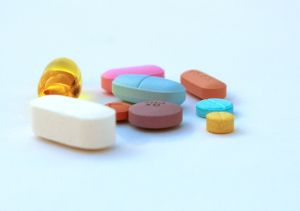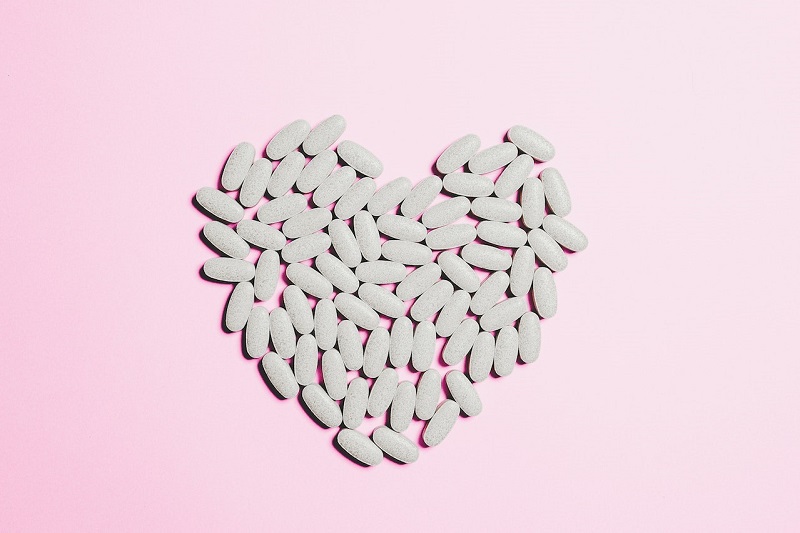Over the last few decades, there has been a lot of scientific research conducted that has now set down guidelines on how a heart attack is treated.
While all of it might sound rather complicated, in this section we talk about the different treatments a patient who has suffered a heart attack may be offered.
Medical Therapy For Heart Attacks
Medical therapy starts immediately after a diagnosis of a heart attack has been made. The goal of the medical treatment is to get the blood flowing again to parts of the heart muscle that aren’t getting enough.
As we have already seen, heart attacks occur due to the formation of a blood clot (a clump of platelets) within the artery that stops the blood from flowing to the heart muscle. This is accompanied by atherosclerosis of the blood vessels.
The aim of treatment for a heart attack is to get rid of this blood clot as soon as possible. Also, special procedures may be used to try to open up an artery that has become narrowed.
In order to achieve this, patients are given a few blood-thinning and cholesterol-lowering pills immediately.
How Quickly Should Treatment Be Commenced?
It is recommended that the medicines be started as soon as possible. A heart attack is a medical emergency, and with every passing minute, the heart muscle gets damaged further.
Treatment given within 30 minutes of the start of symptoms tends to have a better effect when compared with that given later. The sooner the treatment of a heart attack is started, the better the recovery of the heart muscle from the attack.
If for some reason there is a delay, the damage could be rather extensive and sometimes even life-threatening.
What Are The Medication Prescribed To Patients With A Heart Attacks?
There are different kinds of medications that are currently available, most of which are essential. The commonly prescribed drugs include –
 1. Blood thinners such as aspirin, ticagrelor, prasugrel and clopidogrel
1. Blood thinners such as aspirin, ticagrelor, prasugrel and clopidogrel
2. Clot-busting treatment (called thrombolysis) – only used in some centers now
3. Special blood thinners such as heparin
4. Pain-relieving medication such as morphine
5. Oxygen therapy
6. Medications to reduce pain and increase blood supply to the heart such as nitrates
Of course, these medications are rarely prescribed individually and are usually given in combination.
Interventional Therapy
Other than medical treatment, treatments called “interventional therapy” are offered more frequently.
Interventional therapy is a special treatment for a heart attack where thin wires and tiny balloons are inserted into the artery that is blocked in an attempt to open it up.
Once the artery is opened up, a small metallic stent is inserted into the artery in order to keep it open and allow for normal flow. This procedure is sometimes called primary Percutaneous Coronary Intervention (or primary PCI). The procedure is commonly called angioplasty as well.
You can read more about angioplasty here.
Current guidelines say that any interventional procedure that needs to be done after a heart attack should be done within 90 minutes of the patient arriving at the emergency room. This time is sometimes called “door to balloon time” and is strictly followed in most hospitals.
After angioplasty, the patient will be moved to either the coronary care unit or the intensive care unit. A total of 3 to 5 days of admission are needed for uncomplicated heart attacks. Those who develop complications may need a longer hospital stay.
Long-term Therapy
Once the right treatment has been given, the patient will need long-term care, which is usually in the form of medication.
Certain specific preventative measures will need to be followed, and lifestyle choices will need to be made. This is important in order to prevent another heart attack in the future.
Patients should NEVER STOP their medications without consulting with their cardiologist.
There are now programs that help people with heart problems learn how to take care of themselves at home after they leave the hospital. Your doctor may recommend these to you.

